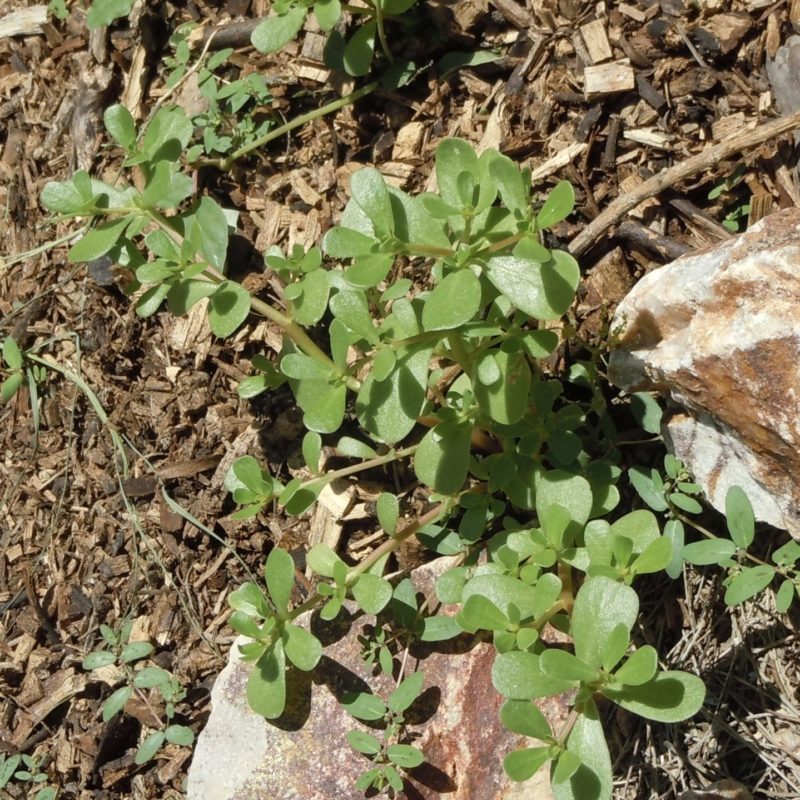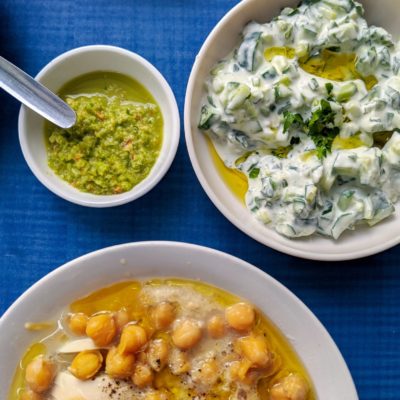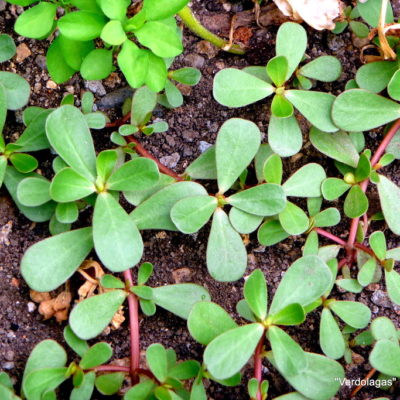More About Verdolagas (Purslane)
www.westonaprice.org
Although purslane is rarely seen on our own tables today, this pretty herb has a long and interesting history. English medieval cooks and gardeners loved purslane. The ancient Greeks made a bread flour from purslane seeds and pickled its fleshy stems; Greek country cooks now serve purslane as a salad herb, either alone or with other khorta (wild greens). On Mexican tables, the hot, peppery bite of cooked purslane is enjoyed with eggs and pork, while Chinese cooks value its sharp flavor and slightly slippery quality with noodles.
Closer to home, the FDA lists purslane as a pervasive weed (the 7th worst, worldwide) but to those of us who love its earthy, slightly acidic flavor and crisp, succulent stems and leaves, the word ‘weed’ hardly seems fair. Purslane is simple to grow and there are several varieties available to the gardener – the two best culinary ones are both summer herbs: portulaca oleracea (green purslane) and portulaca sativa (golden purslane).
Medieval herbalists describe purslane as ‘cold,’ meaning that it was considered a cure for a ‘burning’ (or malfunctioning) heart and liver. Greeks call it a ‘bloodcleansing’ herb. In Mexico, purslane is considered good for diabetics. Recent research has confirmed that purslane is one of the best vegetable sources of omega-3 fatty acids, as well as carotenes and vitamin C.
Clusters of its young, fresh leaves are a perfect foil to ‘sweet’ vegetables such as new potatoes, beets, fava beans and garbanzo beans, and juicy vegetables such as cucumber and tomatoes. Or, simply sprinkle the leaves generously with coarse sea salt, lemon juice and olive oil and serve with fish, grills, or omelets. My neighbor on Crete used to add handfuls of purslane sprigs to the juices in the roasting pan, once he had removed the roast for carving. After a few minutes of swishing, the greens would wilt and the sauce would acquire a sharper flavor and pleasantly gelatinous character.
Rosemary Barron, author of Flavors of Greece, Grub
Street, London, 2000



